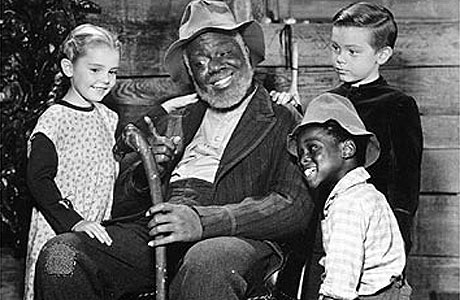Poetry.

VERBATIM
Liberty is the value of self. It is not a collective value. A collective value is the value of society, of the total. This is why it is so difficult to sell the children of the collective on the idea of liberty. They have been taught to fear it and as so many of our young adults are incapable of self-sufficiency, they lean toward the collective, without understanding the emasculation that comes with it.
Liberty is the ability to act within the constructs of one's physical presence without reaching another's. In older times it came with the ability to do with one's property what one wished, but that has been neutered by the same old concept of the collective. If one destroys their property, it affects the collective property value of a given neighborhood.
The collective sees objects as they are connected to others, not as they stand alone, individual. My house, my lawn, my garbage is no longer mine alone, but connected to those who might view it. This is largely where America has changed into something I do not understand, nor want to understand. It should be beyond the understanding of an American to entertain such concepts of society.
An American society is a collection of individuals, not of individuals as cogs in a collective. This society that we have now is foreign to the American experience. It has been brought over by other concepts, that of unions, where the collective acted against oppressive treatment, but it ignores the obvious solution to oppressive treatment since, in America, we have the option to work for who we want, to live where we want.
I have quit jobs that asked me to go against my morals. I have moved from towns that took up the collective banner and sang the hymns of Marx. In America there are options to abandon that which is wrong and move to where good is being done.
So, this election, this pretend choice that we have leaves us with little actual choice. It is a choice of rapid collectivism, or delayed collectivism, but collectivism has been taught and confirmed and emboldened by those who came before us, those looking to secure property values, who sought to get better wages for doing the same job, to get health benefits, etc. Let the consumer pay for it, they said.
Let someone else pay for it and we will choose collectivism until we have no industry left, but government and we will line up for our allotted meals.
It has done my heart great damage since I realized this about the American people. So far they have fallen from the days when they sought only to be left alone to do their work and reap their rewards. They want security. They want stability. They will give every ideal away to get it. Most are unaware of the trade off they are making, but even those who do, do so with alarming predictability.
The value of liberty cannot be conveyed to these people, because it contains risk and fear. As a small businessman I spent a lot of sleepless nights worrying about my investment, about my economic future. It was a bold step to take and it came with breathless fears at times. Now, seeing that my fears have all come true and my company is long dead, I lament only the inability to try again. Liberty in that light cost me everything I had, but it provided for a long time the wages for several people including myself; it spread economic health to those associated with my company; it rewarded those I did business with until the very end and even now I work diligently to make them whole.
Liberty can be terrifying. But, that was America, fear and work and ultimate success. Overcoming fear, working to make those fears abate and finally success at having conquered fear.
The collective destroyed America. The fear that the collective would be harmed changed the relationship between the government and industry, between the government and finance. It all changed under my nose as I watched everyone involved in the economic disaster survive and receive benefits while millions of us individuals, who had everything our families had worked for drained out of our pockets, stood by in disbelief. We should have stormed Washington, but we waited to see if we could be saved by the will of capitalism alone, but it had died with the rest of America.
Electing Romney will not give us back liberty. It will not return the America we once knew and the economics we once trusted. He is not that man, but he can release the chains that Obama has put on the power of industry. He can support those who are left by abandoning the Marxist tack Obama has taken. I don't know anyone in this economy who has not been hurt by Obama's policies and if Romney can turn a few things around, even for the shortest time, it might put a few coins back into the pockets of those who know what to do with money if they see it again.
My prayer is that we are smart enough to take that short respite from the economic insanity of Obamanomics and put those funds to use securing our homes and fighting for a return of our ideals. Liberty may have left us, but the torch dimly burns for those who will spread the flame.









